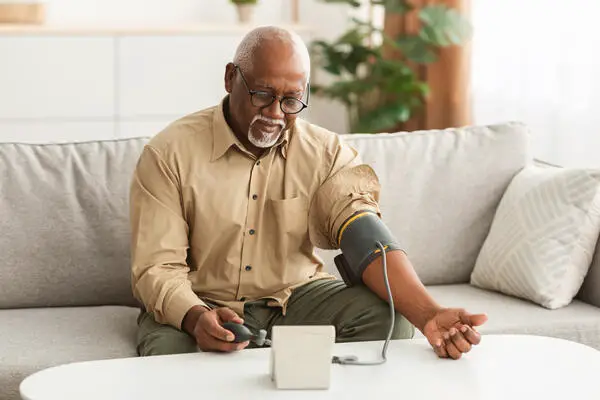
7 Essential Medical Devices In Senior Homes
Quality care for the aging population has never been more important today. Soon, the last of the boomers will reach 65, and their risk of illness and disability will increase.
Currently, the number of older adults outnumbers children younger than five years. By 2050, that is expected to reach up to 22% of the global population.
Senior homes have become popular for older adults needing medical assistance, as leaving them at home poses several risks. These facilities must have all the necessary equipment to assist their residents. These include devices that help manage common health issues like pulmonary disease, diabetes, and limited mobility.
New and emerging medical devices are being developed today. You can contact RBC Medical Innovations and similar providers if you need the best-developed ones.
In the meantime, this post will list the essential medical devices every senior home must have.
What Are Medical Devices?
Medical devices are tools used to help medical professionals diagnose, treat, monitor, and help prevent health problems. They're used in hospitals, aged care facilities, and even homes.
Before being marketed, they undergo rigorous clinical trials to ensure their effectiveness and safety. They're also strictly regulated by the FDA.
Here's a list of the essential medical devices every senior home must have:
Blood Pressure Monitor
About one in five deaths in the United States was attributed to heart disease in 2020.
One way to identify an older adult's risk of heart disease is by using a blood pressure monitor. It measures the force of blood flow against the walls of the arteries, which may show the risk of various health issues.
This device has digital versions, providing accurate readings with minimal tools. However, many doctors still prefer traditional ones, called sphygmomanometers, as the gold standard for measuring blood pressure. But rising concerns over mercury's environmental impact have encouraged a switch.
An effective tool for tracking heart health is a mobile app, great example is Cardi Health, that allows users to monitor their vitals, such as blood pressure and heart rate, along with any symptoms they may be experiencing. By keeping a record of these measurements and comparing them over time, people can gain valuable insights into their heart health, make informed decisions about managing their medications, and seek medical advice when needed.
Glucometer
Diabetes is a chronic condition that leads to various life-threatening health problems, such as blindness, heart disease, kidney failure, stroke, and lower limb amputation.
The glucometer remains the best way to monitor it. It typically consists of a meter and a lancet that pricks the finger to collect a tiny drop of blood for testing. Senior homes must have this to successfully accomplish diabetes management plans.
Suppose a senior’s blood glucose reading is outside the normal range. In that case, informing their attending physician is vital so proper intervention may be given. They may also recommend adjusting their routines, such as diet and exercise, to better manage their condition.
Pulse Oximeter
This device is typically placed on the finger, toe, or earlobe to measure the oxygen level in the blood. This is useful for seniors with respiratory issues like asthma, chronic obstructive pulmonary disease (COPD), or pneumonia.
Oxygen Concentrator
The oxygen concentrator is the primary tool in oxygen therapy. It removes nitrogen and other gases from the air to give the patient only pure oxygen, helping them recover from their illness or post-surgery wounds more easily.
It also adjusts the flow of oxygen to be delivered to a patient's body. This prevents oxygen toxicity, which can cause damage to the lungs and other organs.
Nebulizer
Healthcare professionals use a nebulizer to deliver medications to the lungs for patients with COPD and similar diseases. It's a medical device that converts liquid medicine into a fine mist inhaled through a mask or a mouthpiece, best used in alleviating symptoms like coughing, wheezing, and shortness of breath.
These devices deliver medication for conditions that often turn fatal for older adults. That makes having them in a senior home a requirement.
Hearing Aid
This medical device amplifies sound waves to help seniors with hearing impairments hear and communicate better, fitting comfortably in or behind the ear. For older adults with hearing challenges, this device can improve their quality of life and overall health. It allows them to hear remarkable stories from fellow residents, listen to music, and watch films. These common activities make up most of their routines.
Mobility Equipment
This encompasses all implements that aid seniors with moving around with ease. They include:
- Wheelchairs
- Walkers
- Stairlifts
- Canes
- Mobility scooters
- Crutches
- Transfer devices
These devices help them move independently, improving their confidence and elevating their quality of life.
Provide What They Need
Older people in care homes deserve assistance, love, and care. They can enjoy their golden years with the help of these contraptions, so it's only logical to invest in the best. Learn the best medical equipment buying and maintenance practices as a care provider today.